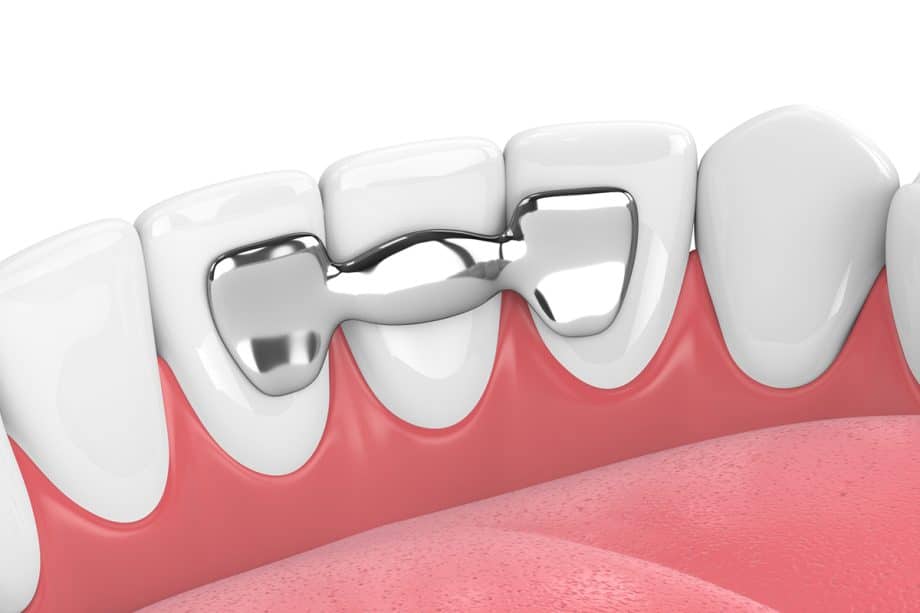A dental bridge is a popular treatment option for many patients interested in replacing missing teeth. Although not as durable as a dental implant, receiving a dental bridge may not involve as lengthy a treatment process.
What is a Dental Bridge?
A dental bridge can replace an individual missing tooth or several consecutive missing teeth. A traditional dental bridge (the most common type) consists of one or more false teeth known as pontics. To anchor the pontics in place, a dentist cements two abutments over the teeth adjacent to the gap in a patient’s smile.
Along with traditional bridges, other types of dental bridges include:
- Cantilever bridges: A cantilever bridge is fairly similar to a traditional bridge, aside from the fact that only one tooth serves as an anchor. A patient may opt for this type of bridge if, for instance, their missing tooth was only adjacent to a single healthy tooth.
- Implant-supported bridge: As the name implies, this type of dental bridge uses implants instead of natural teeth to support a bridge.
- Maryland bridge: With a traditional bridge, it’s often necessary for a dentist to grind down the anchor teeth somewhat before they can place the crown abutments over them. A Maryland bridge does away with this step by allowing a bridge to stay in place with the use of a metal structure that a dentist cements to the back of a patient’s healthy teeth. Although this preserves the structure of the adjacent anchor teeth, it may also result in a bridge being less secure.
No single type of dental bridge is universally ideal for all patients. Your dentist can discuss the pros and cons of each option in greater detail to help you determine what type of bridge is right for you.
Dental Bridge Lifespan: What You Need to Know
The average lifespan of a dental bridge is about 10 years. However, while some dental bridges fail earlier, others may remain in good condition for significantly longer.
Various factors can influence a dental bridge’s lifespan. They include the following:
- Oral health habits: Brushing regularly, flossing regularly, and seeing your dentist at least once every six months can all play critical roles not only in the condition of your teeth, but in the condition of a dental bridge too. Research consistently shows that quality oral and dental health habits help optimize a dental bridge’s lifespan.
- Drinking and smoking: Habits such as drinking alcohol and smoking or using tobacco products may cause a dental bridge to fail earlier than it otherwise would.
- Diet: A person who regularly eats hard foods could find that biting into such foods causes a dental bridge to wear down relatively quickly. Additionally, using one’s teeth to open containers or to chew on items such as pen caps can also lead to dental bridge failure.
Some types of dental bridges may also last longer than others. As always, the best way to learn how to keep your dental bridge in the best possible condition for as long as possible is to discuss the topic with a professional. A dentist can answer your questions and help you better understand what steps you may take to protect your dental bridge for years to come.
Learn More About Dental Bridges in Sun City Center, FL
At Jacobs and Thatcher Dentistry, in Sun City Center, FL, we’re prepared to offer the treatment you need if you believe a dental bridge is right for you. Get started today by contacting us online or calling us at 813-634-1932 to request an appointment.

